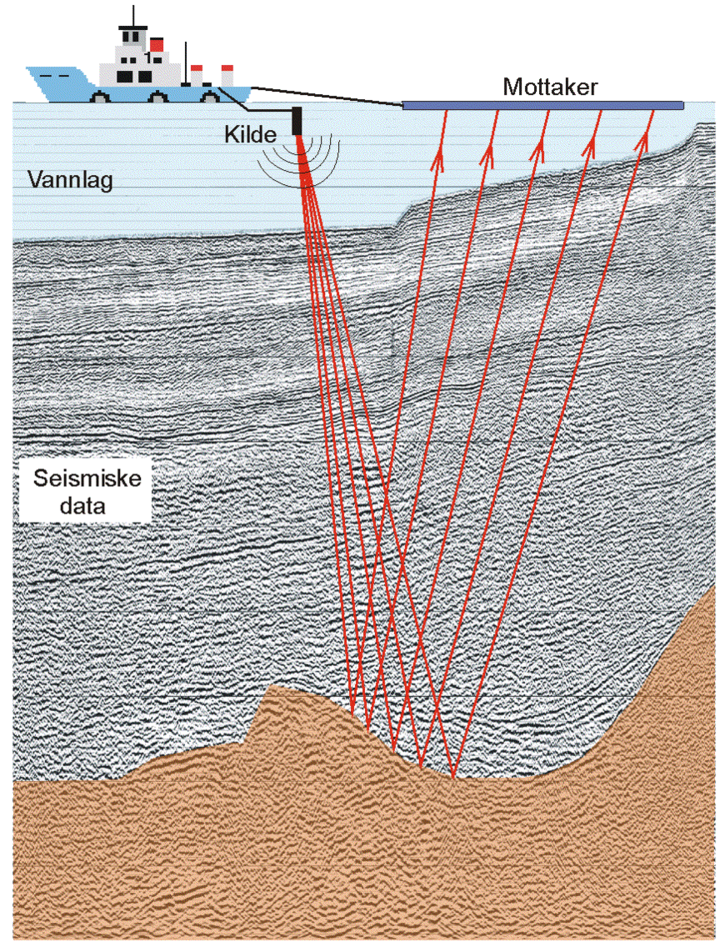All Categories
Featured
Table of Contents
Course: Basics In Geophysical Surveying in South Perth Oz 2020
This work is increasingly contracted out, so consultancies supply another source of employment. Consultancy firms vary in size, from extremely small business to big multinationals. Some consultancies are rather specialised in using particular geophysical techniques or working in specific areas, while others provide a more diverse variety of services to their customers.
The extraction of gas from land fill sites is another location of employment and this might grow in the future. Expedition companies might carry out work for building firms, public utility, mining companies and environmental firms, so geophysicists may be used in any of these settings. Other companies include: geological surveysgovernment bodies and agenciesuniversities and research institutes.


Jobs may be noted in the oil and gas sector press. Recruitment is impacted by oil cost changes and the level of competitors for positions varies depending on this. Careers Days, which cover the complete range of geoscience careers and are generally gone to by a variety of essential market employers, are run by The Geological Society.
An Assessment Of Geophysical Survey Techniques ... in Iluka Australia 2021
Some of the big oil and gas companies use a full two-year structured training program across the breadth of geophysics, consisting of the opportunity to experience work in different groups prior to specialising in one area. Your training might include work on: existing wellsmagnetic and gravitational possible field information analysisresearchrock analysis. However, it's more normal for your initial training to be provided on the task.

There may be a probationary period during which you work along with a skilled associate. Competency-based appraisals happen frequently in the majority of companies. In smaller sized firms, and for scholastic posts, there is unlikely to be any formal training - you'll be anticipated to begin work straightaway and get skills as you go along.
If you work for a smaller company, you might find that you need to take responsibility for organizing and funding your own advancement and training. If you have a geology degree, membership of The Geological Society can be helpful for networking and for maintaining to date with the industry.
Geophysical Methods in Helena Valley WA 2023
You might also find it beneficial to sign up with the PESGB (The Petroleum Expedition Society of Great Britain, which has a geophysics special interest group. After a probationary period, and when you've gained some experience, you could advance to senior geophysicist, then team leader and then into a senior role in management.
The ease of movement in between functions depends on the company structure. Research study at Masters or Ph, D level in a subject associated to geophysics or geosciences may assist with your career advancement and development. The work market within the oil and gas industry is extremely depending on price and this may affect your chances for career progression.
For experienced geophysicists, freelance consultancy uses an excellent path for profession development. As a geophysicist, you're most likely to have numerous jobs throughout your working life.
Geophysical Survey Flashcards in Bickley Australia 2023
From geophysics, it's possible to focus on seismology (completing further training to become a seismic interpreter) or to move into associated locations such as engineering geology or threat prediction.
Choosing what to study in college is a tough option. Even if you understand that your field of interest depends on science, what program of research study is ideal for you? If you make the decision to major in physical and biological sciences and pursue a profession as a geophysicist, you're preparing for an interesting and lucrative profession.
The very first action to accomplishing your goal of ending up being a geophysicist is earning a degree. Even for entry-level positions in the field of geoscience, you'll require a bachelor's degree (a geophysicist college degree) from a recognized college or university. Some research study positions require prospects to hold master's degrees or even Ph.
Geophysical Engineerskills And Knowledge in Wembley Australia 2020
Doctoral degrees are specifically essential if you plan to teach at a four-year organization. Geophysicists apply physics ideas and techniques to study the gravitational, magnetic, and electrical fields of the earth. This furthers scientists' understanding of both the planet's interior core and its surface. Geophysicists must have the ability to: evaluate rocks, pictures, and other pieces of data perform research study both in the field and in laboratories produce maps and charts of their findings compose reports To accomplish all this, students need a specialized education for geophysicist professions.
As specified above, you'll require a bachelor's degree in geoscience or an associated discipline, such as a physical science or a natural science, to land an entry-level job. But students can likewise prepare by learning subjects like: Biology Chemistry Computer system science Engineering Mathematics Physics The above geophysicist majors provide a more generalized method to a single scientific discipline, however many programs require students to take several geology course.
Table of Contents
Latest Posts
How To Become A Geophysicist in Mount Claremont Oz 2023
Geophysical Survey Next Step In Carbon Storage Study in Brookdale Western Australia 2023
Geophysical Investigations in Calista Western Australia 2022
More
Latest Posts
How To Become A Geophysicist in Mount Claremont Oz 2023
Geophysical Survey Next Step In Carbon Storage Study in Brookdale Western Australia 2023
Geophysical Investigations in Calista Western Australia 2022